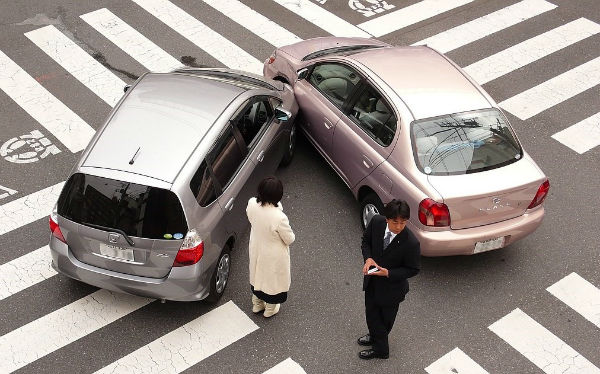Car Accident Liability Explained: Who’s Responsible?
Car accidents can harm you in many ways – physically, financially, and emotionally. So, the most important thing is to figure out who’s at fault (liable to pay for the damages). If you want to file a claim and receive compensation for the injuries and losses, you must know how to establish liability. A car crash lawyer in Philadelphia can help you with this. They will investigate the case and collect the necessary evidence to determine who caused the accident. If you want to know more about car accident liability, keep reading this article.
What is Car Accident Liability?
Car accident liability simply means knowing who is responsible for a car crash. It involves figuring out whose actions or negligence led to the accident and the resultant damages. Understanding liability is important for determining who should compensate for injuries, vehicle repairs, and other losses. It typically involves assessing factors like traffic laws, driving behavior, and road conditions to establish fault.
Who All Can Be Held Liable for Car Accidents?
Here are the different parties that can be held liable in cases of car accidents:
- Driver: This kind of responsibility focuses on what the drivers did or didn’t do during the accident. Things like going too fast, being distracted, not stopping at red lights, or driving while drunk can lead to driver responsibility.
- Vehicle Manufacturer: If there’s something wrong with the car that causes an accident, the company that made it might be responsible for the damage. Things like faulty parts or brakes not working properly could make the manufacturer responsible.
- Vehicle Owner: Sometimes, the person who owns the car can be blamed for an accident, even if they weren’t driving. This happens if they let someone unfit or inexperienced drive their car.
- Government: If the roads are badly designed or not kept up well, it could cause accidents. In those cases, the government group in charge of the roads might be responsible for any injuries.
What Proofs Do Insurance Companies Need to Establish Car Accident Liability?
Insurance companies want to know who caused the accident. They decide based on:
- Police report
- Accident scene photos or videos
- State traffic laws
- Witness statements
You can hire an attorney after a car crash to collect all this evidence as well as deal with the insurance companies.
How to Prove Liability in Car Accidents?
If you think someone else caused a car accident, here are steps to prove it:
Step 1: File Police Report: Make sure the police come to the accident scene and write a report. This report officially describes what happened.
Step 2: Get Medical Help: Even if you don’t feel too hurt, go see a doctor. Medical records are important to show how the accident affected you.
Step 3: Take Witness Statements: Ask people who saw the accident to tell you what they saw. Their honest accounts can be strong evidence. Remember to get their contact info, including the other drivers, if possible. You can also hire an attorney after a car crash to do the investigation on your behalf.
Step 4: Collect Evidence: To make a strong case, you need good evidence. Here’s what to gather:
Medical Records: Collect all medical bills related to your injuries, like hospital visits, surgeries, and medications. Also, get reports from doctors detailing your injuries. These papers show how the accident affected your health.
Police Report: Get a copy of the police report. It has the officer’s observations, statements from people involved, and who they think caused the accident.
Accident Photos: Take lots of pictures of the damage to all the cars involved. Capture the whole scene and close-ups to show how bad it was. Also, snap any skid marks and the road conditions. These photos help us understand what happened.
Camera Footage: See if there are any traffic or security cameras around the crash area. The footage can show what happened and if anyone broke traffic rules. If you find any, ask to keep the footage safe.
Experts’ Help: In complicated cases, talk to experts who can reconstruct the accident based on the evidence. They can give their expert opinion on who’s at fault.
